About Us
Team
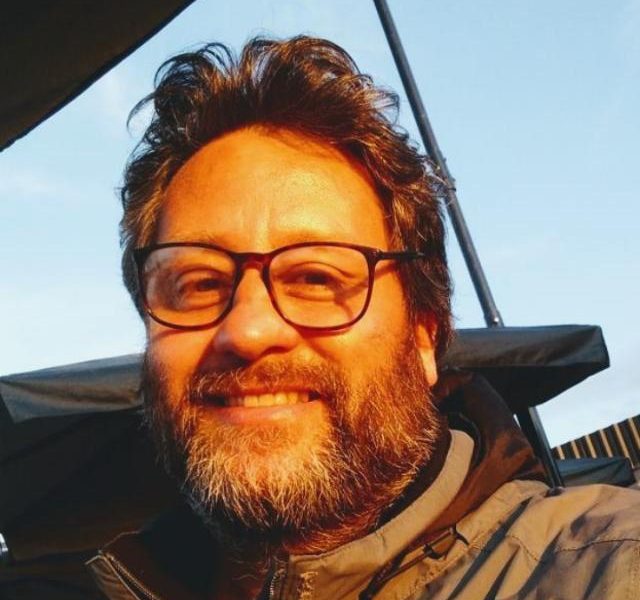

Daniel Danilewicz
Daniel Danilewicz was born in Porto Alegre, Brazil, in 1972. Daniel has a degree in Biological Sciences from the Federal University of Rio Grande do Sul, and a master's and doctorate in Zoology from the Pontifical Catholic University of Rio Grande do Sul. In March 1992 he made his first field trip for marine mammals and in June of the same year he started his research with GEMARS. He is also a researcher at the Aqualie Institute and is a member of several cetacean conservation committees.
Daniel is a master and doctoral advisor at the State University of Santa Cruz (PPG Zoologia - https://ppgzoo.uesc.br/). His current interests include the study of distribution and density of marine megafauna through aerial monitoring, ecology and behavior of marine mammals from drone-monitoring, cetacean life history, and monitoring of interactions between mammals and human activities.
View full resume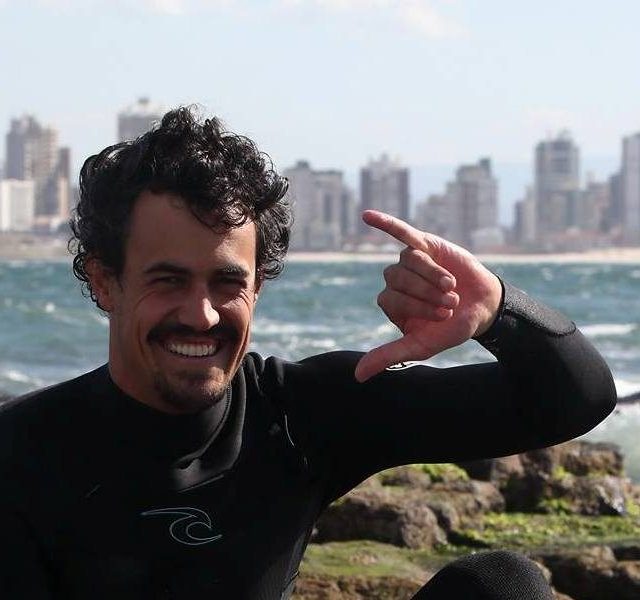

Federico Sucunza
Federico Sucunza Perez was born in Campinas, Brazil, in 1986. Federico has a degree in Biological Sciences with an emphasis in Marine Biology from the Federal University of Rio Grande do Sul, a master's in Ecology and doctorate in Biodiversity and Conservation from the Federal University of Juiz de Fora. Federico has worked with marine mammal seabirds and sea turtles research since 2007. His expertise includes aerial monitoring of marine megafauna, abundance estimation of cetaceans, satellite telemetry of large whales and fishery monitoring and management. In addition, he is currently a researcher at Instituto Aqualie and a member of the Franciscana Action Plan Advisory Group.
View full resume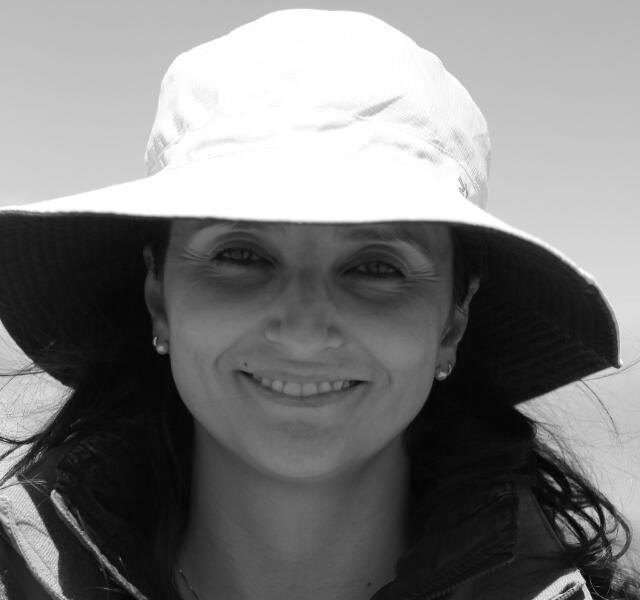

Larissa Rosa de Oliveira
Larissa Rosa de Oliveira possui graduação em Ciências Biológicas pela Universidade Federal do Rio Grande do Sul (1996), mestrado em Biociências (Zoologia) pela Pontifícia Universidade Católica do Rio Grande do Sul (1999) e doutorado em Ciências Biológicas (Biologia Genética) pela Universidade de São Paulo (2004).
Desde 1994, é membro do Grupo de Estudos de Mamíferos do Rio Grande do Sul (GEMARS) e em 2020 assumiu a presidência dessa ONG. Além disso, é pesquisadora colaboradora do Projeto elefantes-marinhos-do-sul (PEMS) na Antártica desde 1998, do Centro para la Sostenibilidad Ambiental da Universidad Peruana Cayetano Heredia no Peru desde 2004 e do Laboratório de Biologia Genômica e Molecular da PUCRS, no qual fez pos-doutorado entre 2005 e 2007 em genética da conservação de mamíferos marinhos. Fez seu segundo pós-doutorado no Laboratório de Biologia Evolutiva e Conservação de Vertebrados da Universidade São Paulo entre 2008 e 2009.
View full resume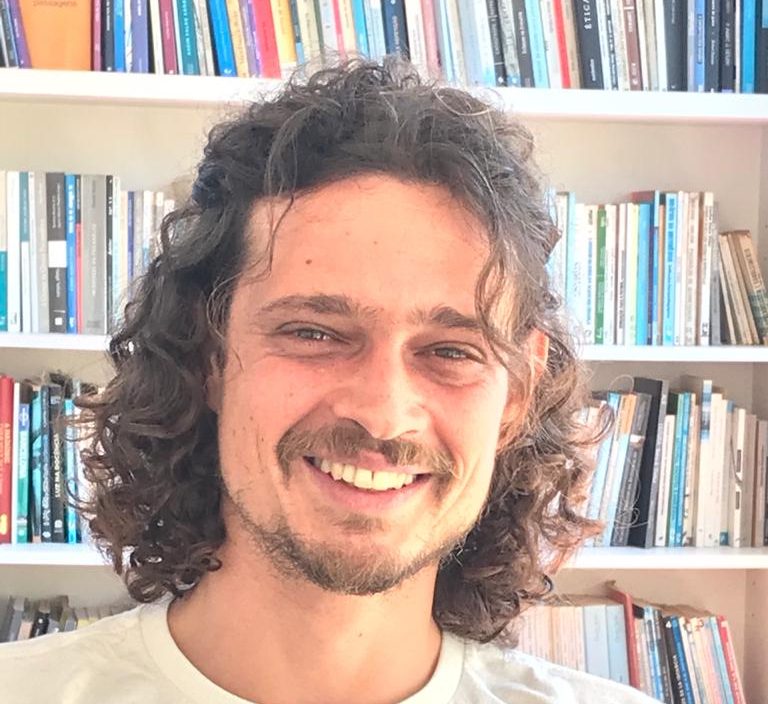

Lucas Milmann
Lucas is graduated as a Bachelor in Biological Sciences with an emphasis in Marine Biology at Universidade Estadual do Rio Grande do Sul (UERGS), has a Master degree in Zoology at the Universidade Estadual de Santa Cruz (UESC), and PhD in the Postgraduate Program in Ecology and Conservation of Biodiversity, at UESC. Currently investigating the ecology, isotopic niche, and population structure of some species of baleen whales of the genus Balaenoptera from the Western South Atlantic.
He has experience in field activities related to the collection and preparation of biological material, and can apply different methods for the study of abundance, habitat use and trophic ecology of marine mammals. In addition, Lucas has been carrying out laboratory activities to develop molecular studies related to baleen whales’ population structure.
View full resume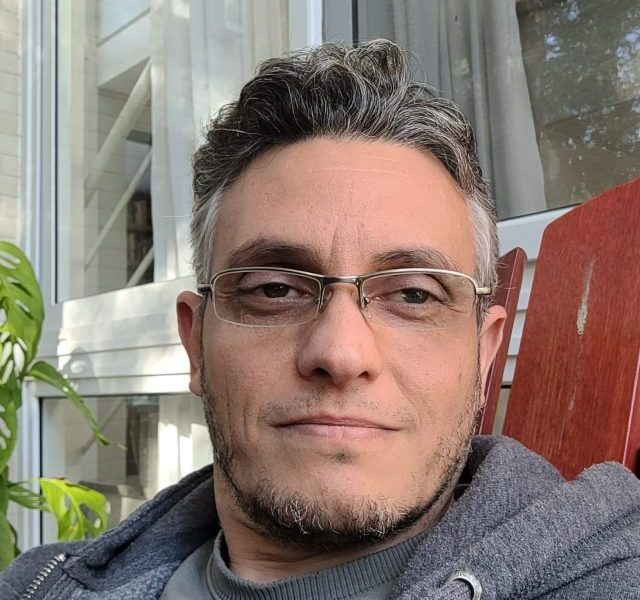

Márcio Borges-Martins
Márcio was born in Porto Alegre, Brazil, in 1971. He holds a degree in Biological Sciences from the Federal University of Rio Grande do Sul (1992), and a Ph.D. in Zoology from the Pontifical Catholic University of Rio Grande do Sul (1998). Márcio has been a member of GEMARS since 1994, and since 2007 he has been a professor at the Department of Zoology at the Biosciences Institute at UFRGS (www.ufrgs.br/herpetologia).
Márcio is a professor of the undergraduate course in Biological Sciences and a master's and doctoral advisor in the Postgraduate Program in Animal Biology at UFRGS. His research interests include various aspects of the diversity and conservation of marine and continental tetrapods in southern Brazil, with special emphasis on reptiles and amphibians.
View full resume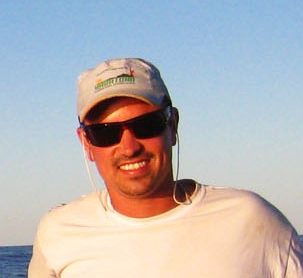

Martin Sucunza
Martin Sucunza Perez has a degree in Marine Biology from the Universidade Estadual do Rio Grande do Sul (UERGS), and a master’s degree in Zoology from the Pontifícia Universidade Católica do Rio Grande do Sul (PUCRS). During his undergraduate and master’s, he worked with the analysis of the stomach contents of seabirds.
He has been linked to GEMARS as a researcher since 2019. He has experience in beach monitoring, marine mammal observer and aerial surveys. Currently, he has been working on aerial surveys to assess the abundance and distribution of marine megafauna. He is interested in using spatial analysis tools to assess the distribution of marine mammals and seabirds.
View full resume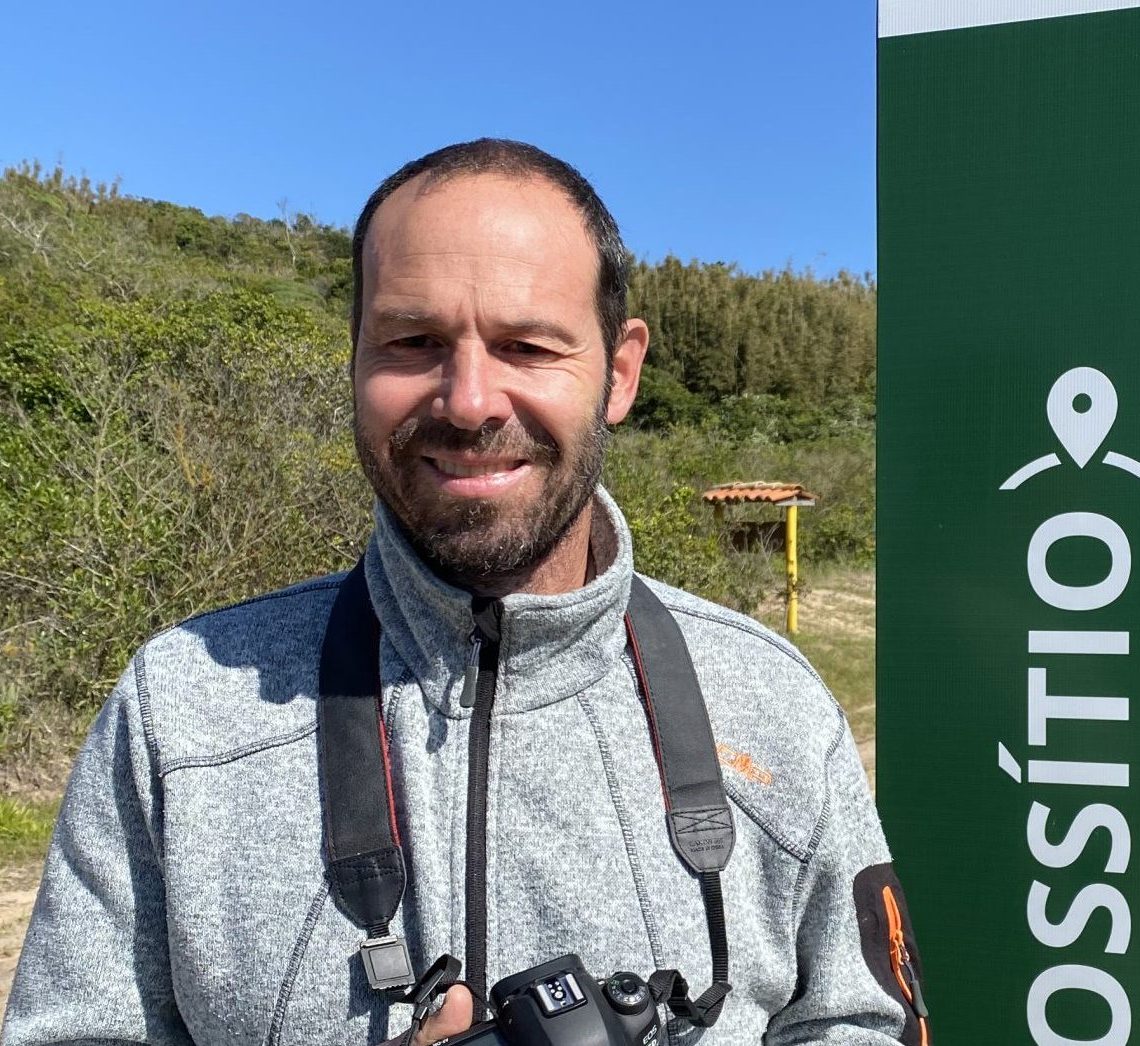

Paulo Henrique Ott
Possui graduação em Ciências Biológicas pela Universidade Federal do Rio Grande do Sul (1995), mestrado em Biociências (Zoologia) pela Pontifícia Universidade Católica do Rio Grande do Sul (1998) e doutorado em Genética e Biologia Molecular pela Universidade Federal do Rio Grande do Sul (2002). Realizou parte do doutorado junto ao "Natural Resources DNA Profiling and Forensic Centre", no Canadá. Atualmente, é professor adjunto da Universidade Estadual do Rio Grande do Sul (UERGS), atuando na graduação (Curso de Ciências Biológicas - "Biologia Marinha") e na Pós-Graduação (Especialização em Meio Ambiente e Biodiversidade, Mestrado Profissional em Ambiente e Sustentabilidade, Mestrado em Sistemática e Conservação da Biodiversidade Biológica).
É também fundador e pesquisador do Grupo de Estudos de Mamíferos Aquáticos do Rio Grande do Sul (GEMARS), uma organização não governamental de pesquisa fundada em 1991. Tem experiência nas áreas de zoologia, ecologia e genética, atuando principalmente no estudo e conservação da fauna marinha e costeira.
View full resume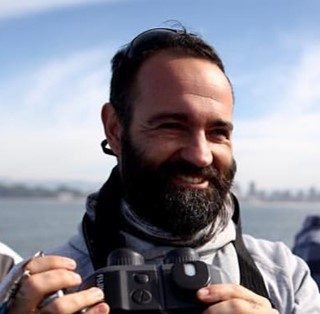

Rodrigo Machado
Rodrigo was born in Campo Bom, Brazil, in 1982. He holds a degree in Biological Sciences and a Master’s in Biology from the Universidade do Vale do Rio dos Sinos (UNISINOS) and a Ph.D. in Animal Biology from the Universidade Federal do Rio Grande do Sul (UFRGS). He has been linked to GEMARS since 2002, where he has been carrying out research activities with an interest in natural history and conservation of aquatic mammals and with the monitoring of fishing activities. In order to strengthen small-scale fishing, it is interested in research with traditional communities for the discussion and review of public policies, mediation and discussion of conflicts, monitoring of fishing production and characterization of fishing activities with a social, economic and technological focus.
Rodrigo is a professor of the undergraduate course in Biological Sciences at the Universidade do Extremo Sul Catarinense (UNESC). He also carries out his research activities with the Postgraduate Program in Socio-Economic Development (PPGDS/UNESC) and the Human Ocean Ecology Group (UFES).
View full resumeOur story
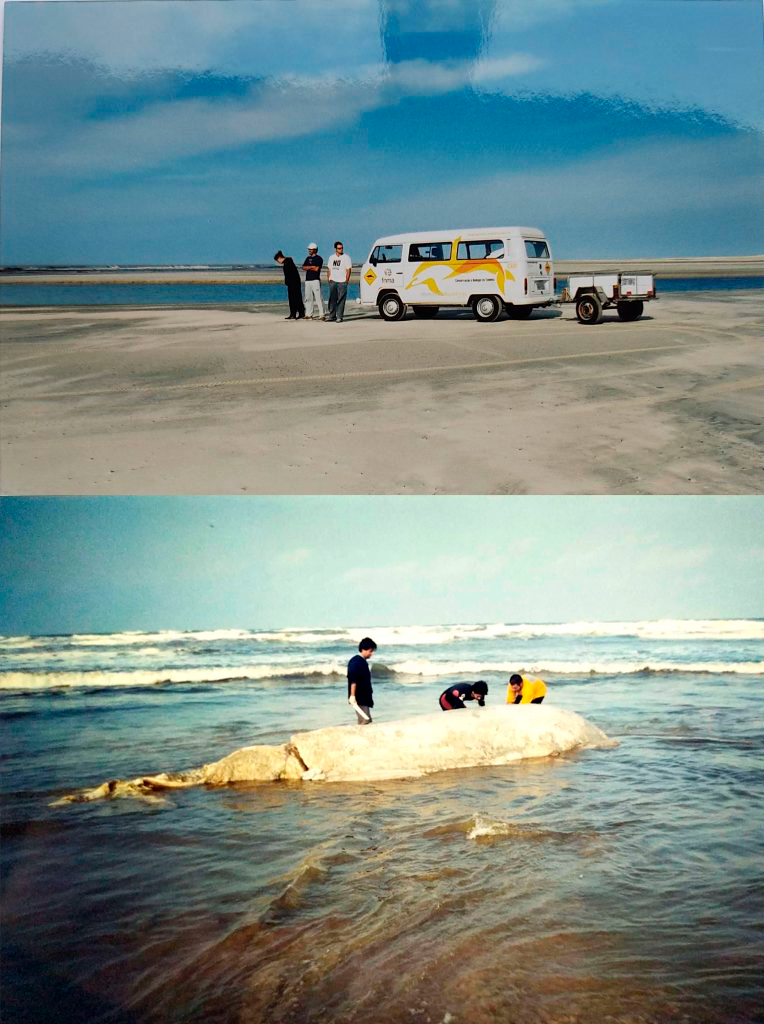

The Grupo de Estudos de Mamíferos Aquáticos do Rio Grande do Sul (GEMARS) is a non-governmental organization founded in 1991 by undergraduate biology students from Porto Alegre. In the early 1990s, research with marine mammals in Brazil was still in its infancy and there were only 3 doctors working in the area. With the objective of initiating a long-term research of marine mammals on the north coast of Rio Grande do Sul, the students began monitoring the beach and fishing activities, with the first sampling taking place in October 1991. The partnership with Ceclimar/UFRGS was fundamental in this beginning, as well as the help of several more experienced colleagues from Brazil, such as Salvatore Siciliano, Liliane Lodi, Monica Borobia and Nélio Barros.
GEMARS´s main purpose is to carry out research and environmental education actions focusing on the conservation and management of aquatic mammal species, in the management of fishing resources and fishing communities, as well as in marine and coastal environments. GEMARS has been working through projects over the last three decades aiming to survey the marine mammal species that occur on the Brazilian coast with an emphasis on the North Coast of Rio Grande do Sul, to understand aspects of the species' life history and to identify its main conservation problems.
These projects involved a series of researches regarding the biology of these species, including studies on food, reproduction, diseases, genetics, displacement, population estimates and impacts of human activities. To achieve these objectives, GEMARS has historically carried out systematic monitoring of the coast, aerial surveys and studies with fishing communities, expanding knowledge about the natural history of marine mammal species and seeking more effective ways to protect and preserve these species, as well as all the coastal ecosystems.
Over the past three decades, GEMARS has established a network of collaborators, including fishing communities and institutions, such as CECLIMAR/UFRGS, FIOCRUZ, GEMAM, INSTITUTO AQUALIE, FURG, LABCAM/IOUSP, PROJETO BALEIA FRANCA, PUCRS, UERGS, UNISINOS, UFJF, PROJETO PRAIA LIMPA/AST, ICMBio, CEMAVE, BECMM/UNMDP, CENPAT, CONICET. These partnerships have been extremely important for GEMARS to achieve its institutional mission.
Meet our
Mission, Vision
and Values
Mission
To promote the conservation of coastal and marine species and the sustainability of the oceans, through scientific research, subsidies to the formulation of public policies, environmental education projects and mobilization of society".
Vision
To be a reference in the research and conservation of aquatic mammals in Brazil and in promoting the sustainability of the oceans.
Values
Commitment to biodiversity conservation; commitment to the scientific basis in conservation and management actions; ethics in carrying out administrative, technical and scientific activities; intellectual independence; safety in carrying out the work; respect for our employees, partners and financiers; socio-environmental responsibility.
Gemars and the Global Goals for Sustainable Development:
The Global Goals for Sustainable Development are a global United Nations call for action to end poverty, protect the environment and the climate and ensure that people, everywhere, can enjoy peace and prosperity. In its Mission, Vision and Values Gemars is indirectly aligned with some of the 17 Global Goals for Sustainable Development. However, Gemars is strongly engaged through its performance in the majority of the Global Goals for Sustainable Development Action goals 14. Life Below Water.
The Global Goals for Sustainable Development 14. Life Below Water, aims at the Conservation and Sustainable Use of the Oceans, Seas and Marine Resources for Sustainable Development. In this Sustainable Development Goals 10 actions are foreseen: 14.1. Reduce Marine Pollution; 14.2. Protect and Restore Ecosystems; 14.3. Reduces Ocean Acidification; 14.4. Sustainable Fisheng; 14.5. Conserve Coastal and Marine Areas; 14.6. End Subsidies Contributing to Overfishing; 14.7. Increase the Economic Benefits from Sustainable use of Marine Resources; 14.A. Increase Scientific Knowledge, Research and Technology for Ocean Health; 14.B. Support Small Scale Fishers; 14.C. Implement and Enforce International Sea Law.


Decade of Ocean Science for Sustainable Development
The United Nations Decade of Ocean Science for Sustainable Development was proclaimed on 5 December 2017. The United Nations in proclaiming the period 2021 to 2030 as a decade of Ocean Science aims to form a common global framework to promote the ocean science. Thus, to support the planning and management of the oceans in a sustainable manner, helping to achieve compliance with the 2030 Agenda for Sustainable Development. The decade of Ocean Science will provide a unique opportunity to form and strengthen a collaborative base through the interface of science, politics, industry and civil society to promote governance and management of the oceans, generating benefits through the ecosystem services that the oceans provide to humanity.
The Ocean Science decade will support scientific research and innovative technologies to ensure that science meets the global needs of sustainability and society, seeking: a clean ocean where sources of pollution are identified and removed; a healthy and resilient ocean where marine ecosystems are mapped and protected; a predictable ocean where society has the capacity to understand current and future ocean conditions; a safe ocean where people are protected from ocean hazards; a sustainably harvested ocean ensuring the provision of food supply; a transparent ocean with open access to data, information and Technologies; and an inspiring and engaging ocean where society understands and values the ocean.
